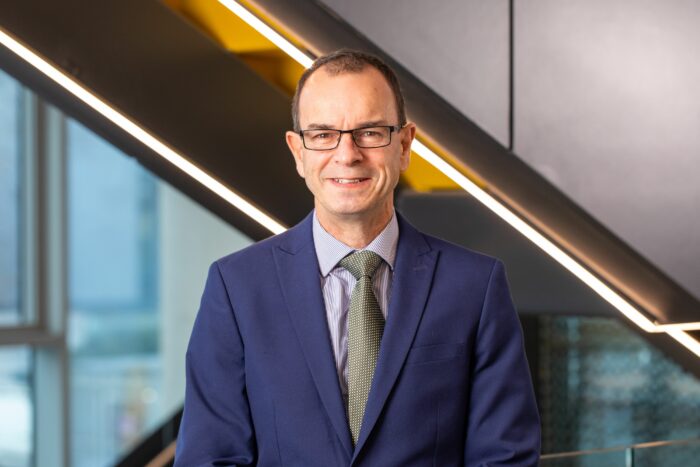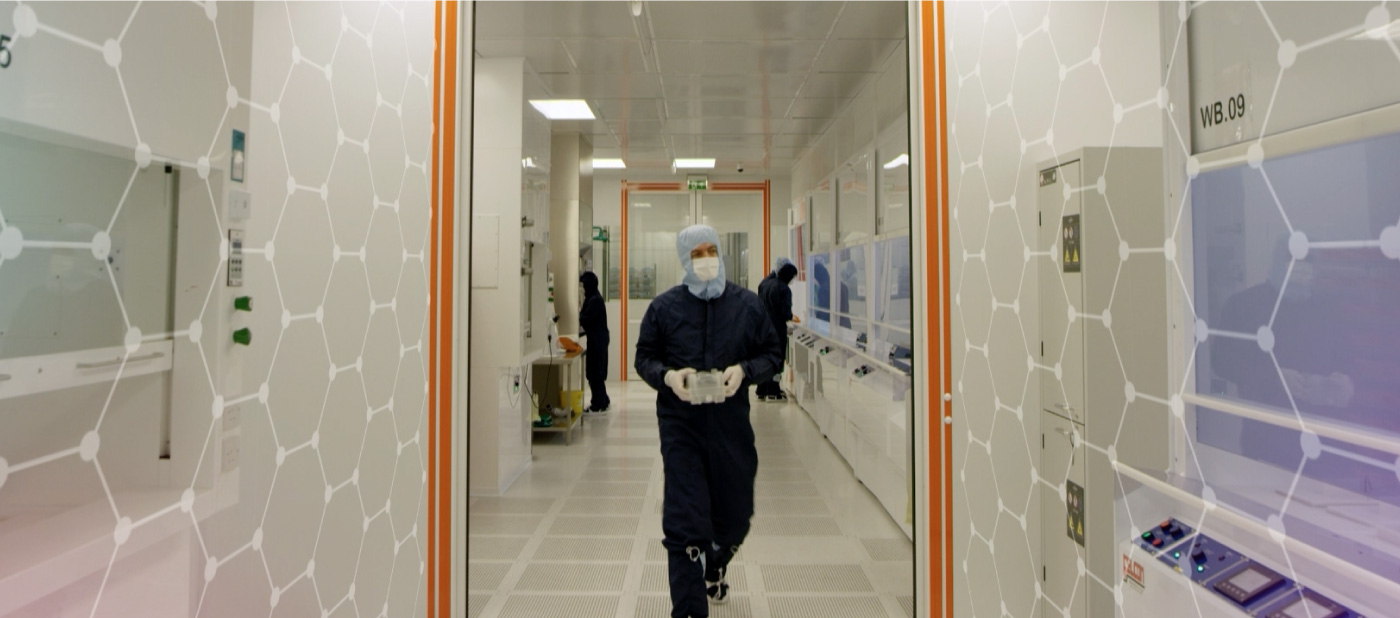In anticipation of the launch of Round 4 of the Henry Royce Institute’s Industrial Collaboration Programme on 18 March 2024, Royce CEO Professor David Knowles reflects on the success of the funding programme over previous years through this blog, highlighting funded projects which have yielded real impact across the materials science research community.

Professor David Knowles, CEO, Henry Royce Institute
Over the past three years, Royce has championed and refined its Industrial Collaboration Programme (ICP), fostering dynamic innovation projects that bridge industry, universities, and research technology organisations. This initiative is aimed at building impactful relationships, facilitating the translation of materials innovation across the entire economic value chain, embracing diverse entities, from start-ups to corporates and spanning materials discovery to the production of final manufactured products.
Royce recognises that innovation in materials can be very challenging! The research is often complex and bringing a new (or improved) material, modelling capability or process to market can take several years.
Moreover, the subsequent manufacturing of these materials into various end-products, where they may have a role as, for example, a coating, membrane or an additive, presents additional hurdles in the innovation process.
The ICP programme, now entering its fourth iteration, is aligned with Royce’s overarching mission to serve as a catalyst for technology translation. It’s designed to overcome such hurdles, and to provide essential R&D support needed to facilitate translation.
The fruits of these collaborative partnerships are becoming increasingly apparent, with accelerated translation of research into promising commercial ventures. As we embark on the next phase of the programme, it’s timely to reflect on the achievements so far.
Breadth of Innovation
The Royce Industrial Collaboration Programme (and associated Materials Challenge Accelerator Programme) have awarded over £10 million to date, and have facilitated a diverse array of innovative projects, and a number of case studies are highlighted and linked below; although the breadth of initiatives is of course more extensive. Projects ranged from expediting the replacement of fossil-fuel-derived Coal Tar Pitch to developing new coatings devoid of platinum group elements (PGE) for use in green hydrogen production.
A global industrial leader in sustainable technologies collaborated with Imperial to explore industrial priorities and exchange academic knowhow around protective cathodic materials, which led to a project to characterise devices and the subsequent launch of new series of devices and entry into new markets. A leading provider of next generation performance for metal components using stack technologies, working with experts at Sheffield, rolled out an Application Programming Interface (ATI) application to accelerate digital qualification around additive manufacture.
An incubator project, drawing upon expertise in Manchester, focused on developing the capabilities for testing new materials for liquid hydrogen aircraft fuel systems. Another project at the University of Bristol yielded an ultrasonic array system capable of providing continuous in-situ monitoring of internal material degradation. Collaboration at Imperial College saw an industrial assignment which resulted in the development of conductive supports, delivering a substantial reduction in iridium loading.
Building partnerships
The success of the ICP programme underscores our ambition to build partnerships and catalyse crucial materials-related research and technology developments, poised to deliver significant impact in UK science and society at large. We’re committed to supporting the entire materials research community, working with UK Research and Innovation (UKRI) and local and national governments to ensure long-term, strategic programmes.
We’ll continue to develop initiatives that foster collaboration, address national imperatives, and elevate the stature of materials research and innovation both here in the UK and globally.



